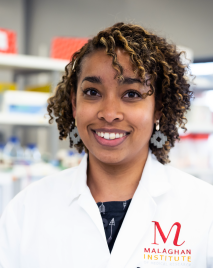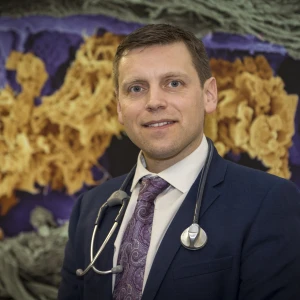
Professor Robert Weinkove
Clinical Director, Programme Leader - Weinkove Laboratory
Developing and delivering innovative new CAR T-cell therapies.
The Weinkove Lab develops chimeric antigen receptor (CAR) T-cell therapies for cancer. CAR T-cell therapy involves the genetic redirection of a patient’s own T-cells to recognise and destroy cancer cells.
The lab led New Zealand’s first CAR T-cell clinical trial, ENABLE-1, a first-in-human study of a new 3rd generation CAR T-cell therapy that incorporates a unique TLR2-based co-stimulatory domain, in collaboration with WZTL. In conjunction with manufacturing partner BioOra, the Weinkove group subsequently automated CAR T-cell manufacturing, and initiated a second, larger phase 2 trial (ENABLE-2), which is currently enrolling lymphoma patients in Auckland, Wellington and Christchurch.
The ENABLE-2 trial is evaluating the effectiveness and safety of this new CAR T-cell therapy with a view to future registration for standard clinical use. By establishing clinical pathways and building national expertise in CAR T-cell delivery, the Weinkove Lab is helping lay the foundation for other innovative trials and treatments in New Zealand.
Building on its research and clinical experience, and leveraging international collaborations, the Weinkove Lab is now developing an innovative platform – Agili-T – for development and early phase clinical trials of emerging CAR T-cell therapies. This platform aims to adapt CAR T-cell production using new manufacturing technologies and automated, highly multiplexed assays; improve clinical trial protocol development through versioning and LLM-assisted quality checks; integrate manufacturing, clinical trial and exploratory endpoint data; and apply AI tools to draw new insights. Together, these advances will accelerate the clinical development of new cell and gene therapies, and support the commercialisation of New Zealand’s scientific innovations.
Research areas
- CAR T-cell therapy
- Chimeric antigen receptor (CAR) T-cell clinical trials
- Development of new CAR T-cell constructs
- Functional and genetic characterisation of CAR T-cells
Research projects
- ENABLE phase 1 CAR T-cell trial (NCT0409513)
- Characterisation of transgene number and sites of CAR T-cells
- Development of CAR T-cell safety switches
Collaborations

Brittany Lavender
Clinical Trial Manager

Charlotte Greaves
Clinical Project Assistant

Ellie Jarvis
Clinical Research Fellow

Kate Payne
Interim Clinical Trials Manager

Philip George
Clinical Research Associate
Research highlights
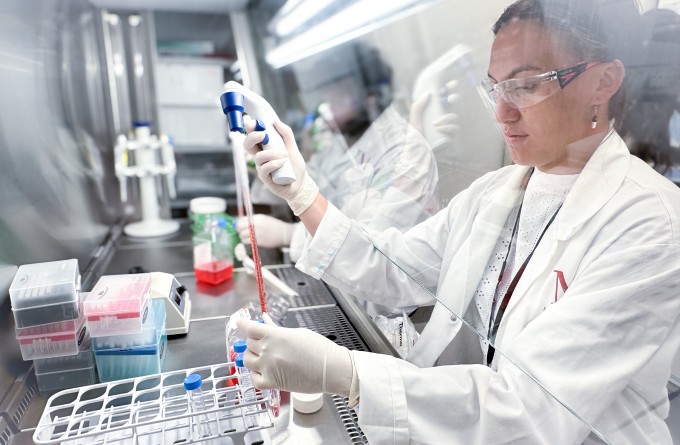
Developing next generation CAR T-cell therapies for more equitable cancer care
30 October 2025
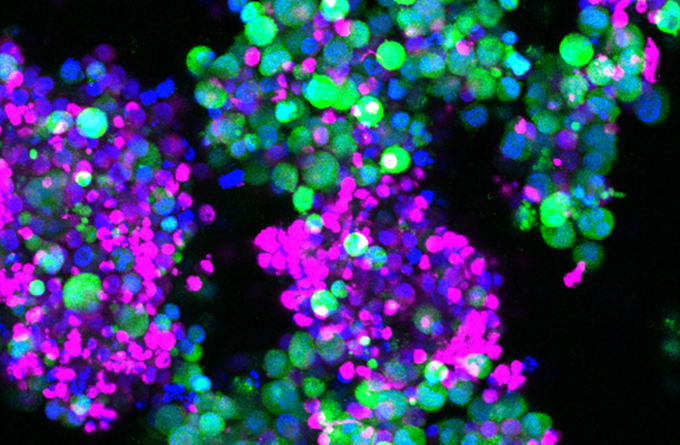
Faster CARs: overcoming cellular exhaustion to enhance cancer immunotherapies
29 October 2025
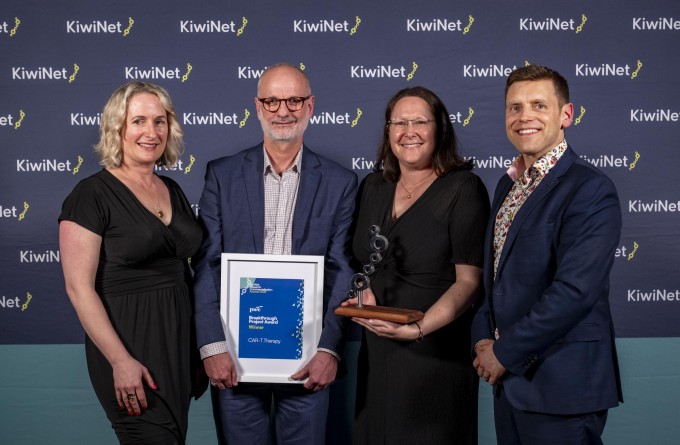
Malaghan CAR T programme wins KiwiNet Research Commercialisation Award
23 October 2025

Malaghan scientists awarded Research for Life grants
15 October 2025
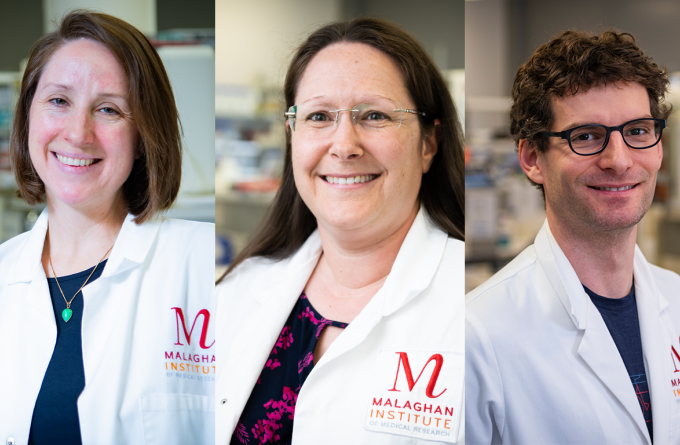
New funding supports cutting-edge research into immune cell metabolism
13 October 2025
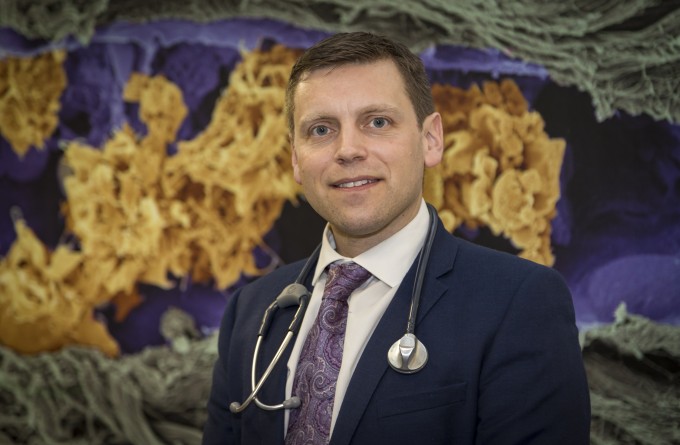
Study explores wearable devices to improve blood cancer patient monitoring
8 October 2025
Featured publications
Fyfe R, Anstis O, Kapadia K, Jordan M, Sword DO, Weinkove R. Experiences and perspectives on chimeric antigen receptor (CAR) T-cell therapy among recipients, carers and referrers (RE-TELL): a qualitative study to inform CAR T-cell service design.
BMJ Open. 2024 Jan 23;14(1):e071112.
Nouri Y, Weinkove R, Perret R (2021). T-cell intrinsic Toll-like receptor signaling: implications for cancer immunotherapy and CAR T-cells. J Immunother Cancer. 9(11):e003065
George P, Dasyam N, Giunti G, Mester B, Bauer E, Andrews B, Perera T, Ostapowicz T, Frampton C, Li P, Ritchie D, Bollard CM, Hermans IF, Weinkove R (2020). Third-generation anti-CD19 chimeric antigen receptor T-cells incorporating a TLR2 domain for relapsed or refractory B-cell lymphoma: a phase I clinical trial protocol (ENABLE). BMJ Open.10(2):e034629
Weinkove R, George P, Dasyam N, McLellan AD (2019) Selecting costimulatory domains for chimeric antigen receptors: functional and clinical considerations. Clin Transl Immunology 8(5):e1049



